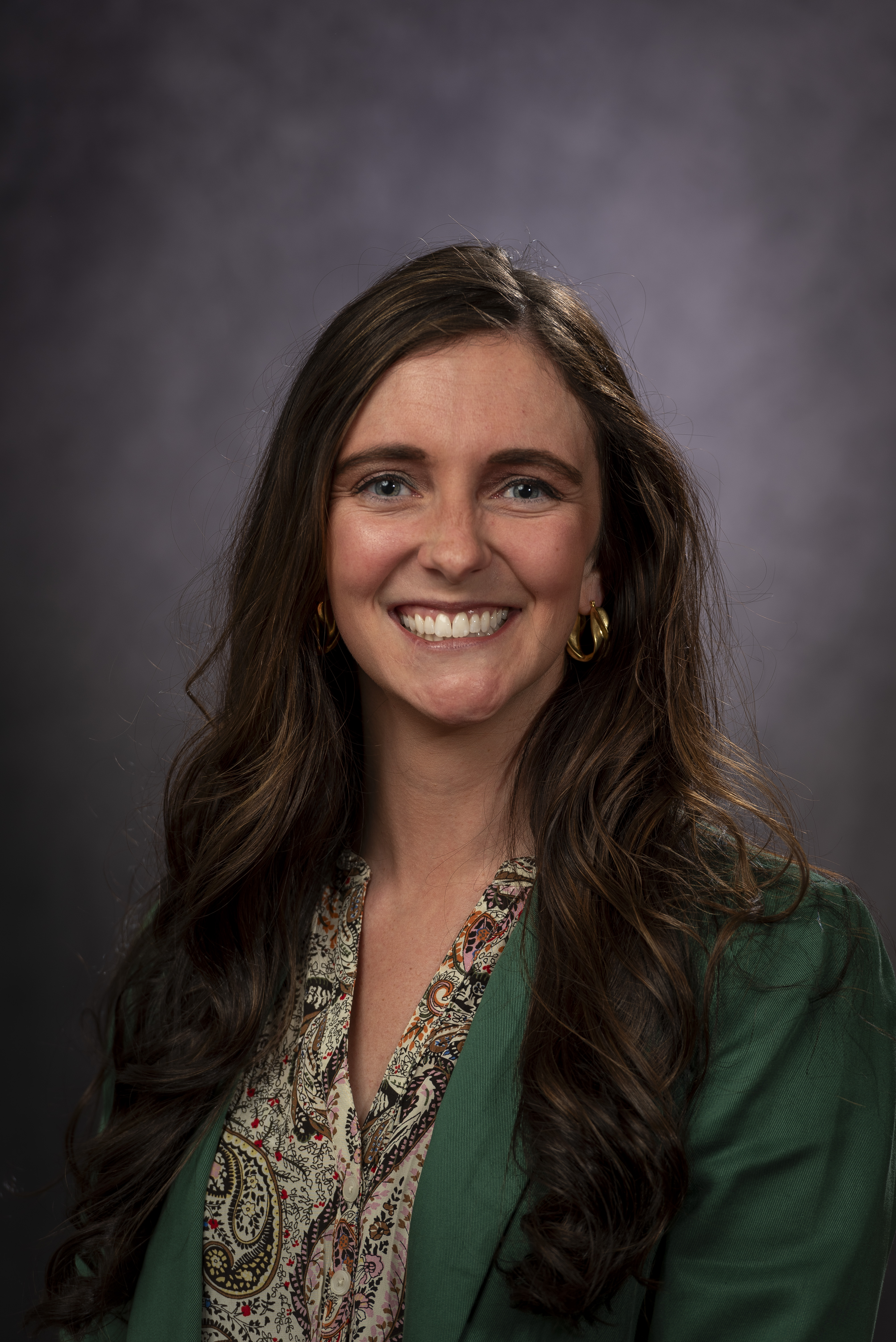Abigail Irlbeck
Teaching Specialist, CLI
Education
B.S., Public Health, University of Nebraska Omaha
M.A., Health Education, University of Nebraska Omaha
Teaching at UMR
My teaching philosophy is rooted in the concerns expressed by Paulo Freire. In his book, “Pedagogy of the Oppressed” he states, “Knowledge emerges only through invention and re-invention, through the restless, impatient, continuing, hopeful inquiry human beings pursue in the world, with the world, and with each other.” I encourage students to be consistently curious. I urge them to look deeper, past the terms and definitions, and expand beyond and critically analyze what they are learning and how it might appear or apply in their future careers.
As outlined by Freire, I aim to be a problem-posing teacher. He states, “In this way, the problem-posing educator constantly re-forms his reflections in the reflection of the students. The students—no longer docile listeners—are now critical co-investigators in dialogue with the teacher.” The teacher-student relationship has the potential to be quite dynamic. Thus, I strive to create a vibrant learning experience alongside my students.
I provide students with a copy of my personal commitment to diversity, equity and inclusion in my courses. I intertwine my teaching philosophy and commitment to these principles in my day-to-day efforts as a teaching specialist at UMR.
I am committed to diversity, equity and inclusion in the classroom. I am intentionally designing my courses and classroom settings to ensure students feel safe, heard, included, supported and excited to learn. My classroom is a space where students can share, explore and expand their knowledge and creativity.
I am grateful to regularly bear witness to the impact of my teaching philosophy and commitment to diversity, equity and inclusion on students. Students are tasked with discussing and solving rather complex public health problems in my courses. I am honored to be a part of their learning process. My teaching philosophy and commitment to an inclusive classroom continues to ensure students can utilize their passion for solving intricate public health problems and take this knowledge with them as they continue to learn about themselves, their peers and their surrounding communities.